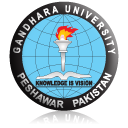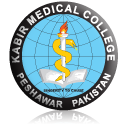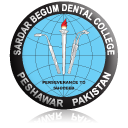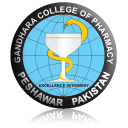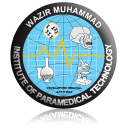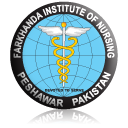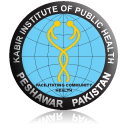|
|
| Recognized by HEC | |
| Healthy Pakistan |
|
Keeping the population healthy is one of the basic motive at Gandhara University. If the population is unhealthy the nation is unlikely to progress. Developed societies place a large emphasis on improving health of its populations. Keeping a population healthy is a complex issue and needs input from every walk of life. Health of a population depends upon the number and qualification of doctors, paramedical and nursing staff, infrastructure and appropriate planning. Our health system is lacking strength in its basic pillars. It lacks adequate resources and adequate means to channel the resources at hand. It is understaffed and health professionals are poorly qualified or trained for tackling the diverse problems they have to face in a Pakistani setup. Our population is not healthy and it is not getting any healthier. At Gandhara University we aim to address these issues and make Pakistan healthy by improving on basic issues of training and qualification of doctors, paramedical and nursing candidates. Our population is under a so called double burden of disease. We are afflicted with infective diseases of the third world (TB, Cholera, Pneumonia, Malaria etc.) and at the same time diseases of the first world (Diabetes, Heart Disease, Asthma etc.) are on the rise in our population. In order to tackle this problem we need to plan carefully. The first step in planning for future intervention is analysis of existing data about disease pattern and a study of the behavior of disease causing organisms in our environment. Such core data is lacking. We need to start an all out effort to setup a reporting system for all diseases. This will help our health planners to make informed decisions. This will also enable us to define meaningful objectives that we can hope to accomplish in a given time frame. The next step involves streamlining medical professional training. We have to make our health professionals spend considerable time exploring their own populations. A better understanding of the population leads to better health outcomes. It is no wonder that most useful input comes from those medical professionals who are in the training years of their profession. Pakistanis have bright minds and they can come up with innovative and practical ideas when they put their mind to it. Paramedical and nursing staff is an essential part of health system. It is little wonder that in most developed countries paramedical and nursing staff is a prized asset. Societies put considerable amount of effort in building a positive image of paramedical and nursing work. Pakistan is unlucky in the sense that here paramedical and nursing profession is looked down upon. We need to do some serious image building in this area. Better equipped and well trained paramedics and nurses are like oil and grease in the system. Pakistan has adequate infrastructure for housing health facilities. All we need to do is make better use of the infrastructure. Instead of building more blocks in hospitals efforts should be directed towards improving already present buildings. Installation of more and better equipment and support structures is also a necessity. Health of a population is directly proportional to the sanitation of the area. Hardly 20% of our population has access to clean drinking water and adequate sewerage of waste, this mess makes a heaven for bugs that thrive in dirty places. This also increases the exposure of population to these organisms, thereby, creating a vast opportunity for opportunistic diseases. Our health system requires gradual but concentrated and heroic efforts for improvement. Input is desirable from all corners of the society. This in turn will help establish a health system that is both self-sustainable and progressive. Pakistan needs to move faster to adopt information technology in our health care system. Just smelling the need of time, We, the group of technologically aware individuals, planned to transform the delivery of health care by building a new health information infrastructure and launched a comprehensive effort. |

